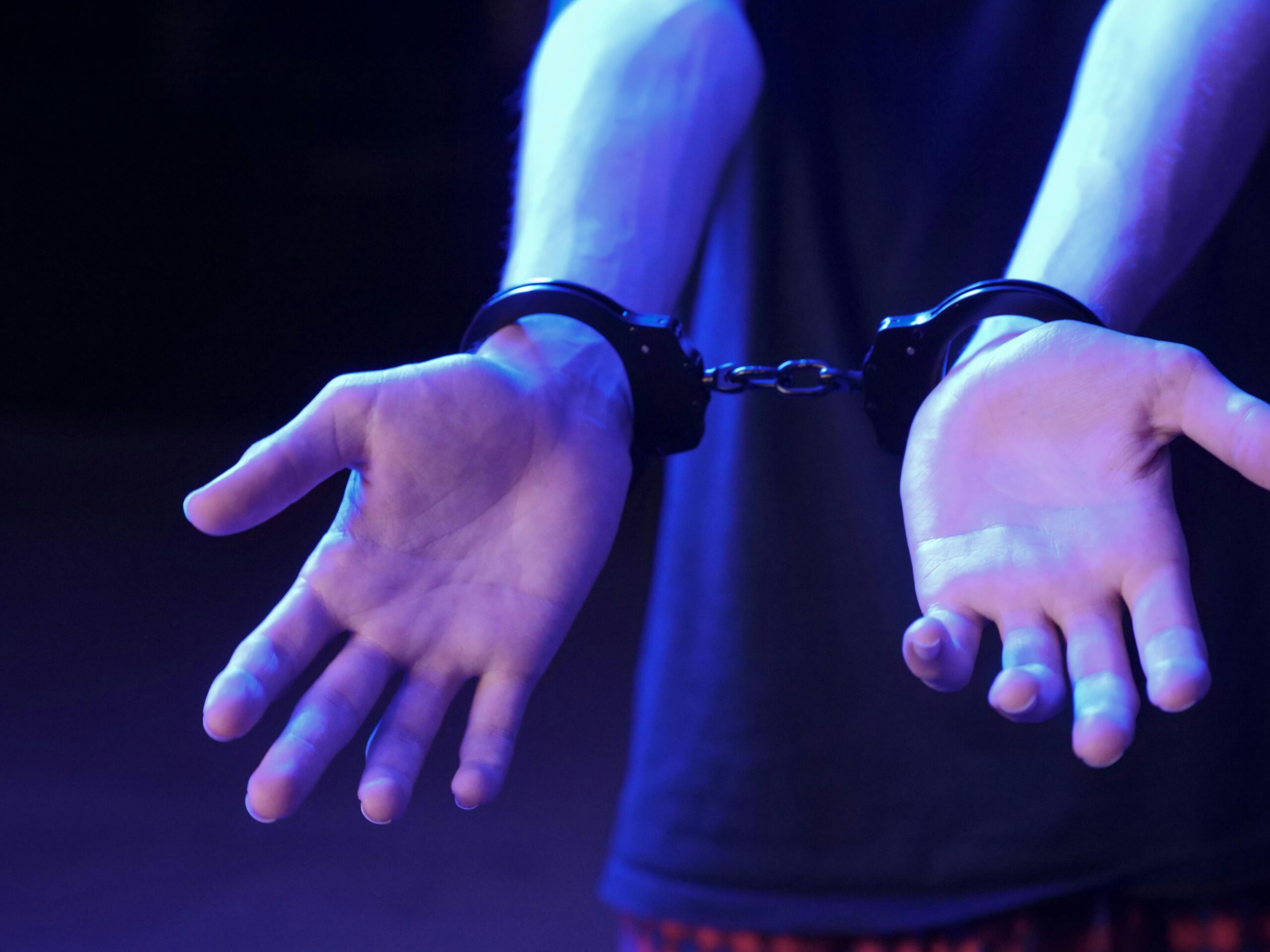Remember Who Caved While Trump Was Saving America
It may be apocryphal, but Napoleon is rumored to have once said that men over 40 can’t be trusted in revolutionary times, because they simply do not understand the times.
We saw something like that play out over the last week, as President Trump took on the epoch-defining work of reordering trade (and soon to come, alliances) on a global scale.
Almost immediately, the naysayers were out in full force, whining about their stocks or the cost of cheap plastic crap made in China.
Remember these voices, and do not make the mistake of trusting them again.
The notion that nominal rightwingers or supporters of the President would immediately cave and fall on the side of our enemies is first and foremost offensive, but importantly, it’s instructive.
RELATED: Democrats Are the Seinfeld of Politics: They Are a Party About Nothing
Make no mistake, radical change is what millions of us voted for. This is not a conservative movement. We do not seek to conserve this alien, un-American New Deal system we’ve been living under. We seek to dismantle it.
Understand that when you say you support “traditional American values” or the like, you are not making a conservative argument; the world you seek to “conserve” no longer exists. It was destroyed. It must be rebuilt in order to come into existence again.
That’s a very different program from what we usually consider to be conservative. The easiest way to explain it is simply “right wing.” And that’s a term you’re going to need to become comfortable with, despite its baggage.
The New Deal system failed immediately at its stated objective – ending the Great Depression – and it has been a disaster ever since for the middle of America. That’s what the saboteurs were trying to conserve when they attacked Trump’s plan as it was working.

To be sure, MAGA has no common cause with people who put the personal profits they make from using cheap Chinese baubles ahead of our country and the wellbeing of Americans. They’re not on our side or the country’s side, they’re on their own side.
And they will do it again next time. Remember them now, and dismiss them in the future.
Source link






